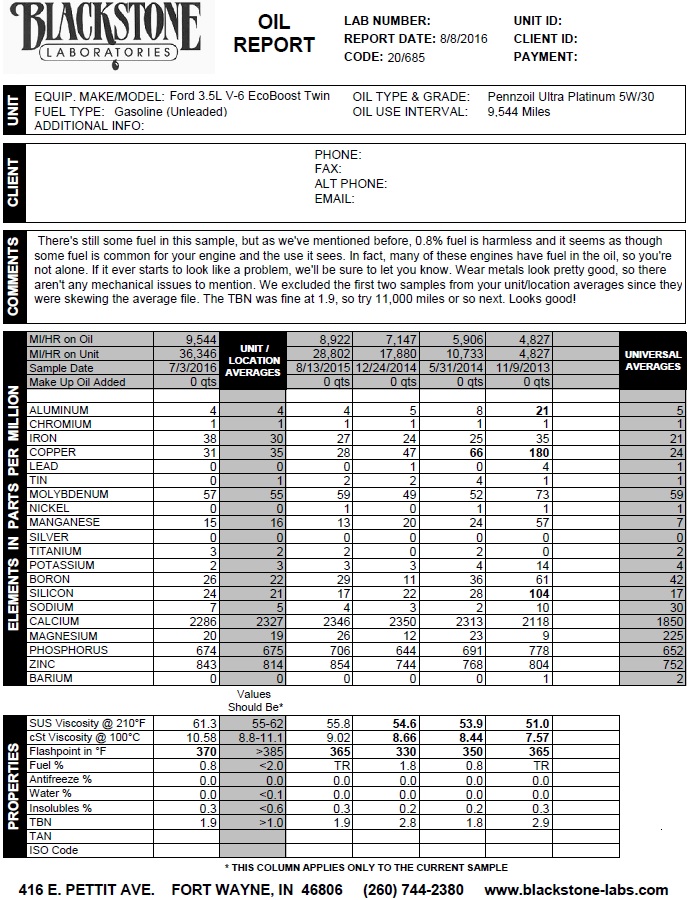Originally Posted By: badtlc
Originally Posted By: demarpaint
Originally Posted By: badtlc
Needs a few more long high RPM (4,000+ RPMS 20+ minutes) to keep the oil in better condition.
Where are you driving 4,000+ rpms for 20+ minutes w/o breaking the law or possibly damaging an automatic transmission using a low gear? It certainly can't be done where I live. Any documentation that this process is a fix for DI issues?
Really? Where is a gear implied anywhere. Do it in first at 30mph if you want. Just keep the RPMs up. It is very simple.
Huge difference in air flow running 4K at 100mph and 30mph for 20+ min.
Originally Posted By: demarpaint
Originally Posted By: badtlc
Needs a few more long high RPM (4,000+ RPMS 20+ minutes) to keep the oil in better condition.
Where are you driving 4,000+ rpms for 20+ minutes w/o breaking the law or possibly damaging an automatic transmission using a low gear? It certainly can't be done where I live. Any documentation that this process is a fix for DI issues?
Really? Where is a gear implied anywhere. Do it in first at 30mph if you want. Just keep the RPMs up. It is very simple.
Huge difference in air flow running 4K at 100mph and 30mph for 20+ min.


